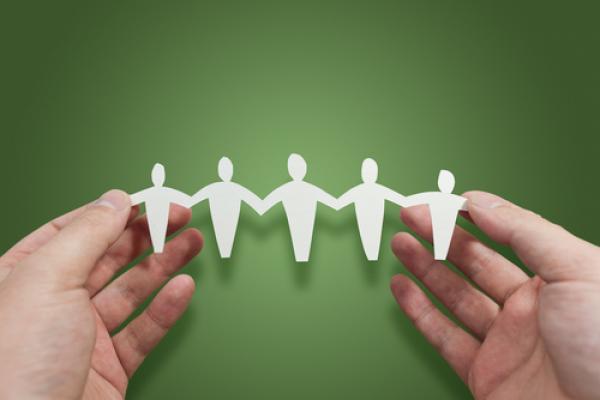Apr 9, 2014
As an interfaith advocate, I find total inspiration in Dr. Martin Luther King’s multi-layered approach to peace and justice:
“Make a career of humanity. Commit yourself to the noble struggle for equal rights. You will make a greater person of yourself, a greater nation of your country, and a finer world to live in.”
The reason that I do interfaith, and the reason I signed the pledge to be Better Together, is because I believe that religion can be used as a tool for good in all three layers that King is referencing: in our world, in our country, and in ourselves.
Read the Full Article

Already a subscriber? Login
